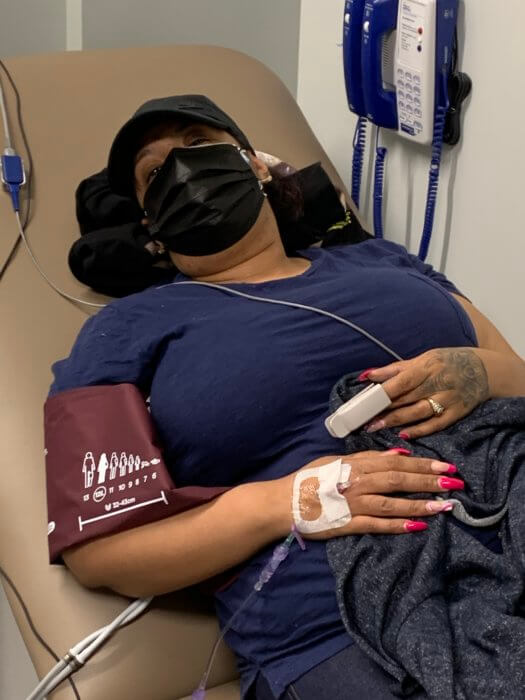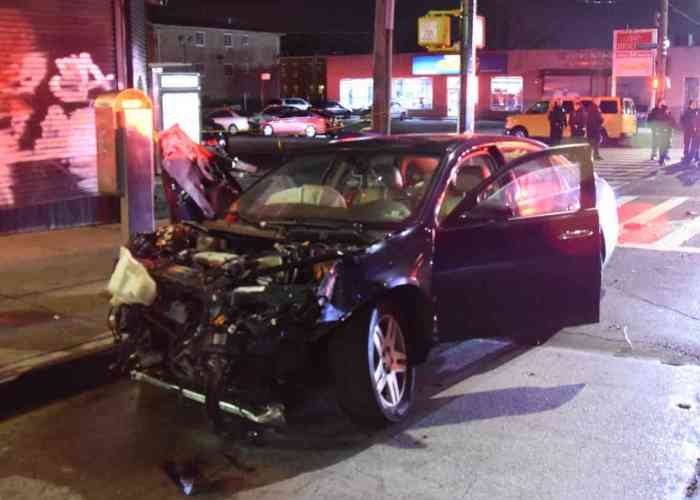While the Delta variant is wreaking havoc in some parts of the United States, Jacobi Hospital is doing its best to keep people healthy by treating patients with monoclonal antibodies.
Monoclonal antibodies, which were authorized by the FDA in February, treat people who have contracted COVID-19 or were recently exposed to someone who has the COVID-19 virus. Treatment can lower the amount of virus in the body, reduce symptoms and help avoid hospitalization. Treatment works best soon after COVID-19 symptoms begin.
Since the treatment was approved, Jacobi Hospital has used it to treat more than 500 patients. Dr. Elana Sydney, chief of ambulatory medicine at Jacobi, spoke with the Bronx Times about the benefits of monoclonal antibodies.
Sydney said that after seeing so many people die during the height of the pandemic, she hopes anyone that is eligible for the antibodies takes them. “We have observed the antibodies work the best when you get it early in the disease,” Sydney said. “The vast majority of patients have had a positive reaction.”
The doctor, who has worked at Jacobi for 20 years, described the monoclonal antibodies as an “enormous boost” for the body. She pointed out that the antibodies have helped reduce the hospitalization rate of COVID-19 patients by 70%.

President Donald Trump even received the monoclonal treatment when it was in an experimental stage.
Treatment is authorized for people who meet the following:
- Tested positive for COVID-19.
- Have had mild to moderate COVID-19 symptoms for 10 days or less.
- Are age 12 or older and weigh at least 88 pounds.
- Are at high risk for severe COVID-19 illness, including older adults, people who are pregnant and people with certain underlying health conditions, such as obesity, diabetes, chronic kidney disease or a weakened immune system.
According to Sydney, most people that take the monoclonal antibodies typically get better in a day or two and the antibodies stay in their body for a few months. She added, however, that the antibodies treatment is not a panacea and people still need to get the vaccine.
“Monoclonal is not a substitute for the vaccine,” she said.
Reach Jason Cohen at jcohen@schnepsmedia.com or (718) 260-4598. For more coverage, follow us on Twitter @bronxtimes and Facebook @bronxtimes.
























